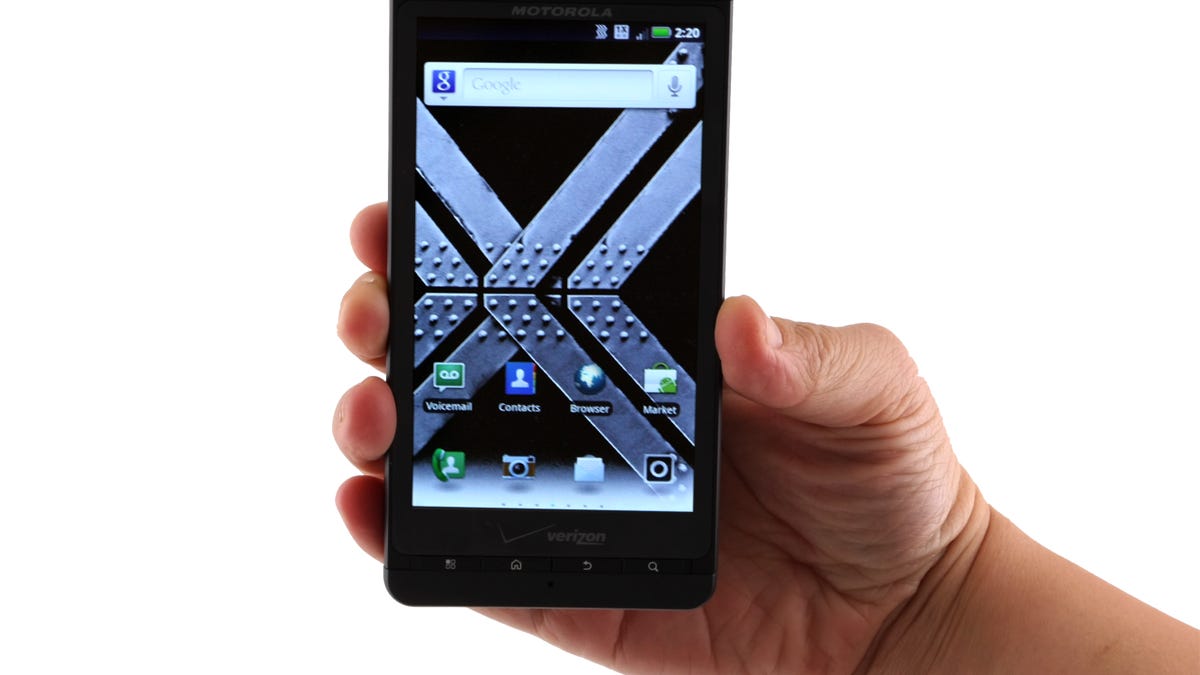Motorola: Looming product ban won't affect us
Motorola faces a potential ban on many of its products starting tomorrow, but says it has taken 'proactive measures' to keep selling its devices.

Motorola Mobility said it isn't worried about a looming import ban on many of its products that takes effect tomorrow.
"Motorola has taken proactive measures to ensure that our industry leading smartphones remain available to consumers in the U.S.," the company said in an e-mailed statement.
The ban, which takes effect tomorrow, comes from a U.S. International Trade Commission ruling that Motorola illegally used Microsoft's technology relating to meeting requests and group scheduling in its products. Motorola is now a unit of Google.
Motorola didn't provide specifics, but the company said it would continue making its products available, suggesting a software tweak that would remove the offending feature. Or because many of the devices are older, it would rely on its existing inventory. The ban would affect the Motorola Atrix, Backflip, Bravo, Charm, Cliq, Cliq 2, Cliq XT, Defy, Devour, Droid 2, Droid 2 Global, Droid Pro, Droid X, Droid X2, Flipout, Flipside, Spice, and Xoom tablet.
"We respect the value of intellectual property and expect other companies to do the same," Motorola said.
The dispute goes back to a bit of technology that Motorola had previously paid Microsoft a license for, but chose not to pay after 2007. The move prompted Microsoft to go after Motorola.
It's part of a myriad of patent lawsuits that have flown around the technology industry over the past few years, many of them notably between Apple and several Android vendors.
"Microsoft brought this case only after Motorola stopped licensing our intellectual property but continued to use our inventions in its products," said David Howard, the company's general counsel, in an e-mailed statement. "It's unfortunate we've been forced to pursue legal action, but the solution for Motorola remains licensing our intellectual property at market rates as most other Android manufacturers have already done."
Microsoft has been more proactive in getting handset vendors to sign licensing deals with it, which has become a lucrative part of its business. It has 70 percent of the Android vendors paying it some level of royalties.
Motorola has sued Microsoft on technology used in the Xbox 360, and is attempting to get a ban on the video game console.
Updated at 12:53 p.m. PT: to include a response from Microsoft.

